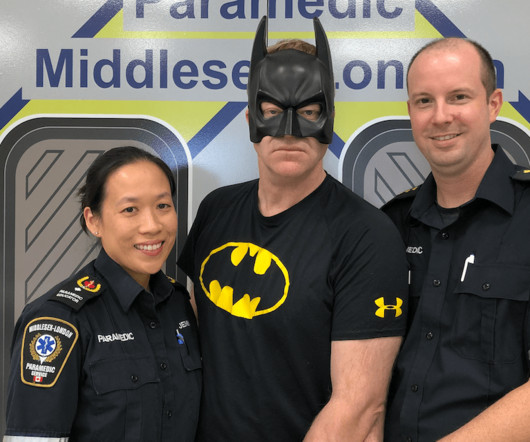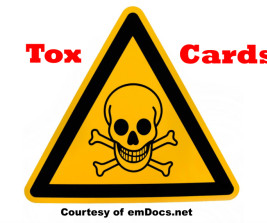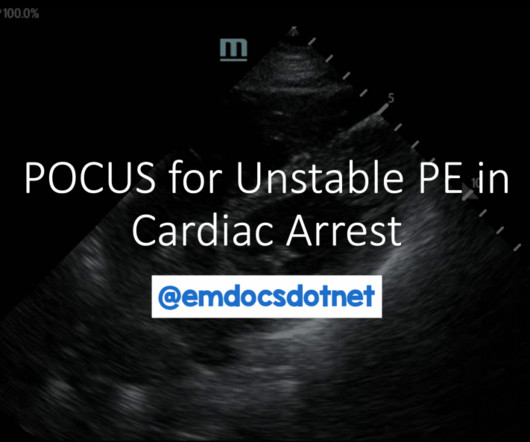Airway POCUS | ECPR vs. ACLS
JournalFeed
MAY 7, 2022
ECPR vs. ACLS Spoon Feed: Early extracorporeal cardiopulmonary resuscitation (ECPR, aka ECMO) was not superior to standard advanced cardiac life support (ACLS) for 180-day survival with good neurological outcome, but there may be a silver lining.














Let's personalize your content